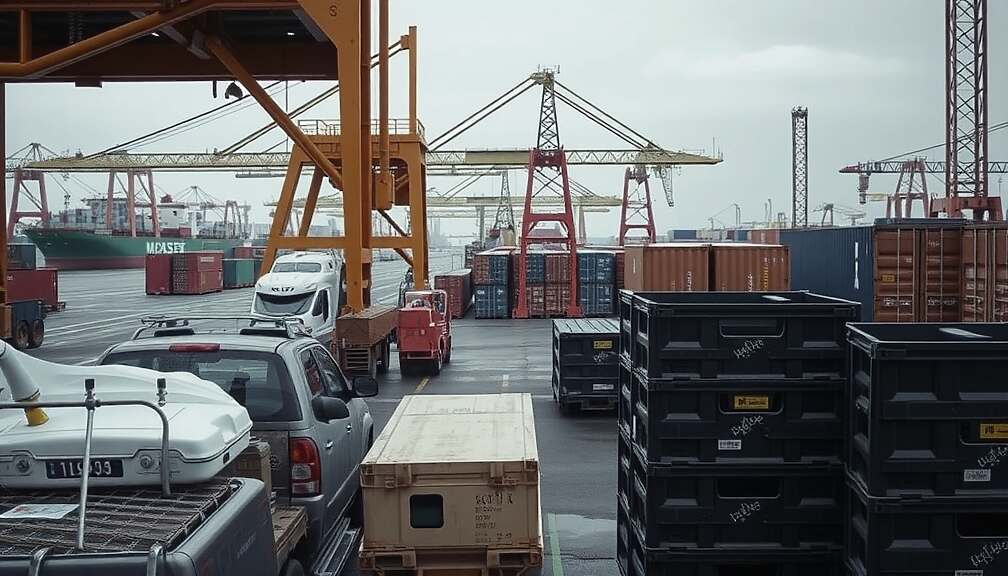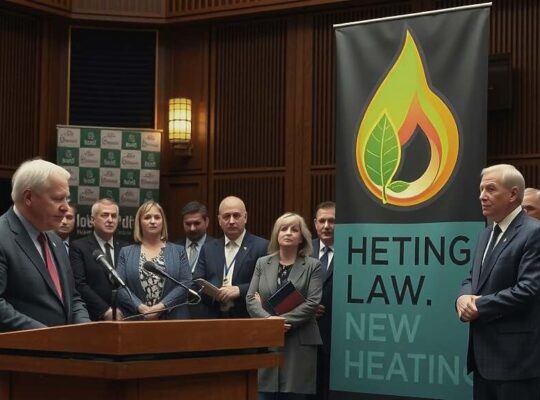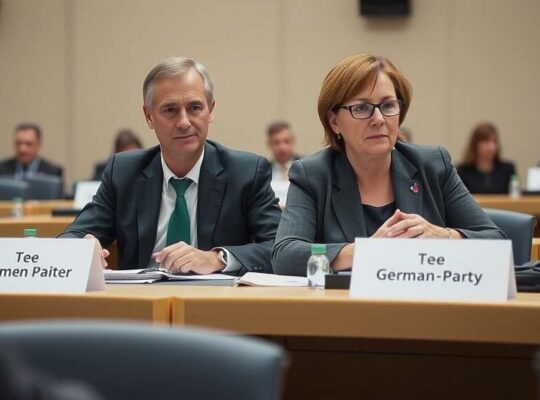A critical juncture looms for the European Union as lawmakers prepare to vote on the EU Supply Chain Due Diligence Directive on Monday. Concerns are escalating over potential weakening of the legislation, with the service sector union Verdi issuing a stark warning about the implications of concessions made under pressure from the center-right European People’s Party (EVP).
Frank Werneke, Verdi’s chairman, voiced deep apprehension that the EVP’s willingness to potentially align with far-right factions to achieve their desired modifications represents a dangerous precedent for European politics. He characterized it as the de facto formation of a coalition between the center-right and extremist elements, raising significant questions about the integrity of the democratic process.
The union argues that any compromise driven by fear of aligning with the far-right would send a profoundly negative signal, jeopardizing the protection of human rights and sustainable corporate responsibility worldwide. Verdi underscores that these critical values should not become a pawn in political maneuvering.
Specifically, Verdi is urging members of the Legal Affairs Committee to uphold the original scope of the directive. Proposed limitations, such as a threshold of 5,000 employees and €1.5 billion in revenue, would drastically reduce the number of companies subject to the law, impacting a fraction of those currently covered by Germany’s own Supply Chain Act. This narrow application, the union contends, would render the directive largely ineffective.
Furthermore, Verdi emphasizes the importance of maintaining unified civil liability as a crucial element guaranteeing access to justice for victims of corporate malpractices within supply chains. The preservation of a risk-based approach encompassing the entire supply chain, rather than focusing solely on direct suppliers located within the EU, is also deemed vital for the directive’s efficacy and to avoid unnecessary bureaucratic burdens. The vote on Monday is now being seen as a defining moment, potentially signaling a shift in the EU’s commitment to upholding ethical and sustainable business practices.












